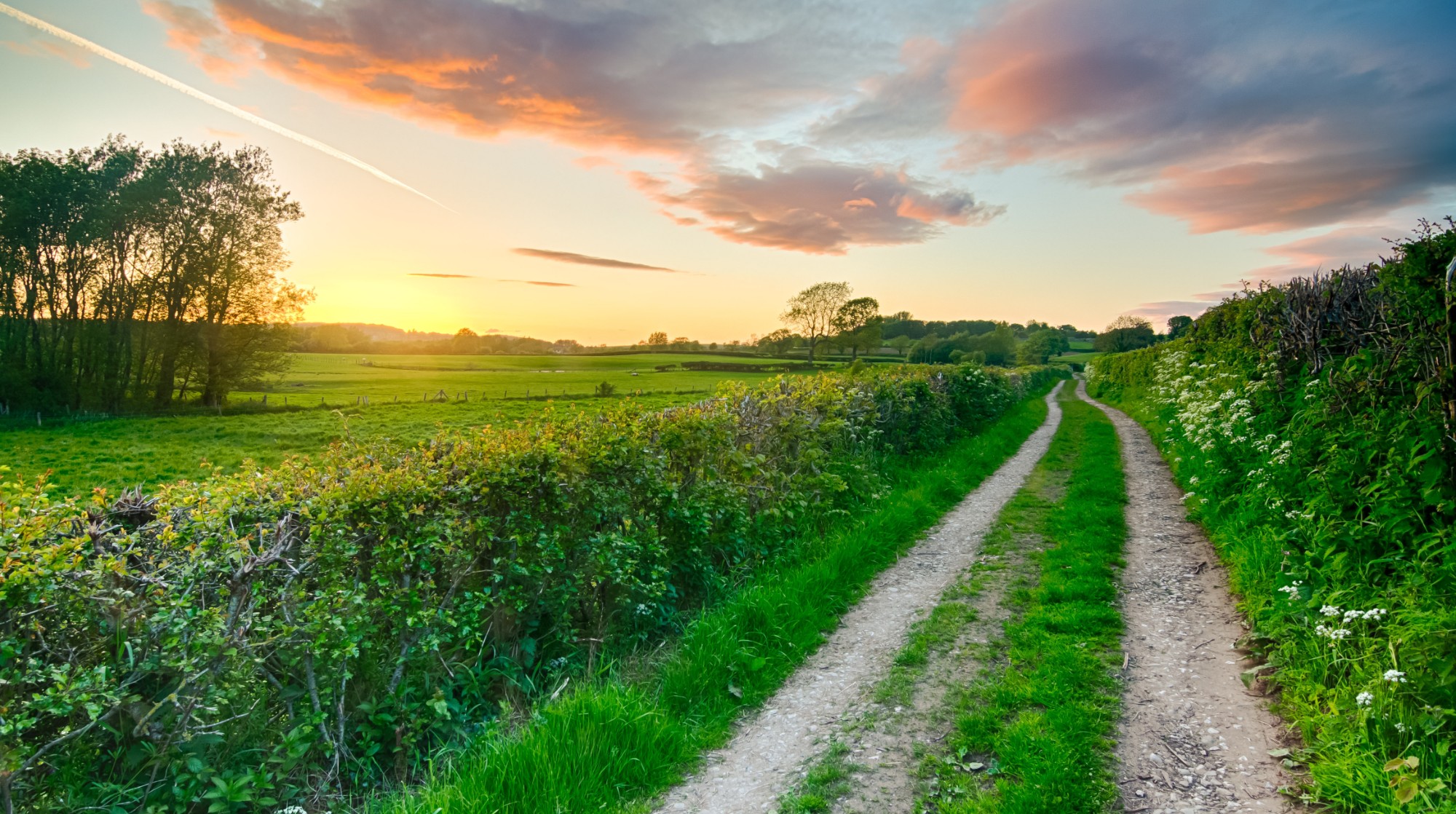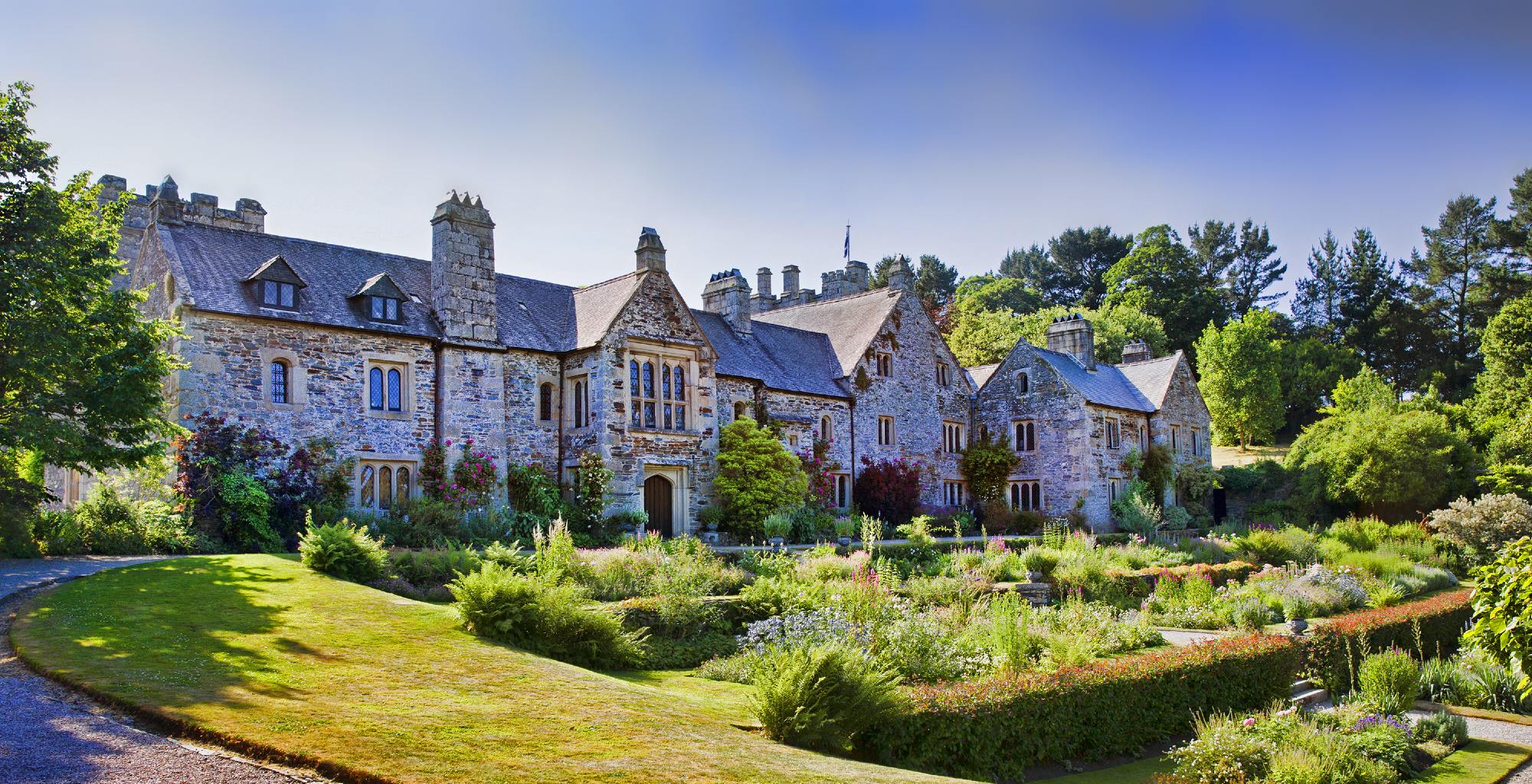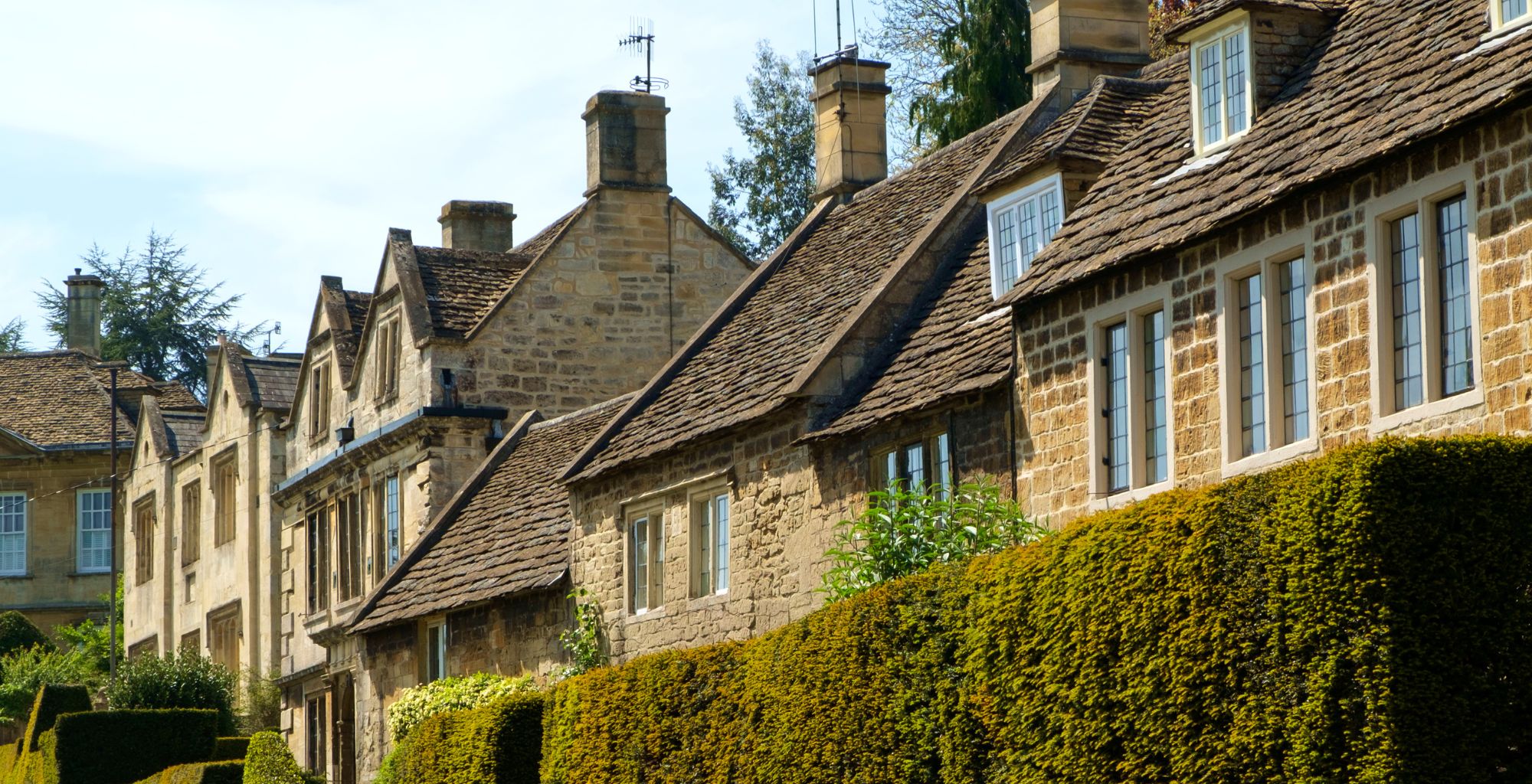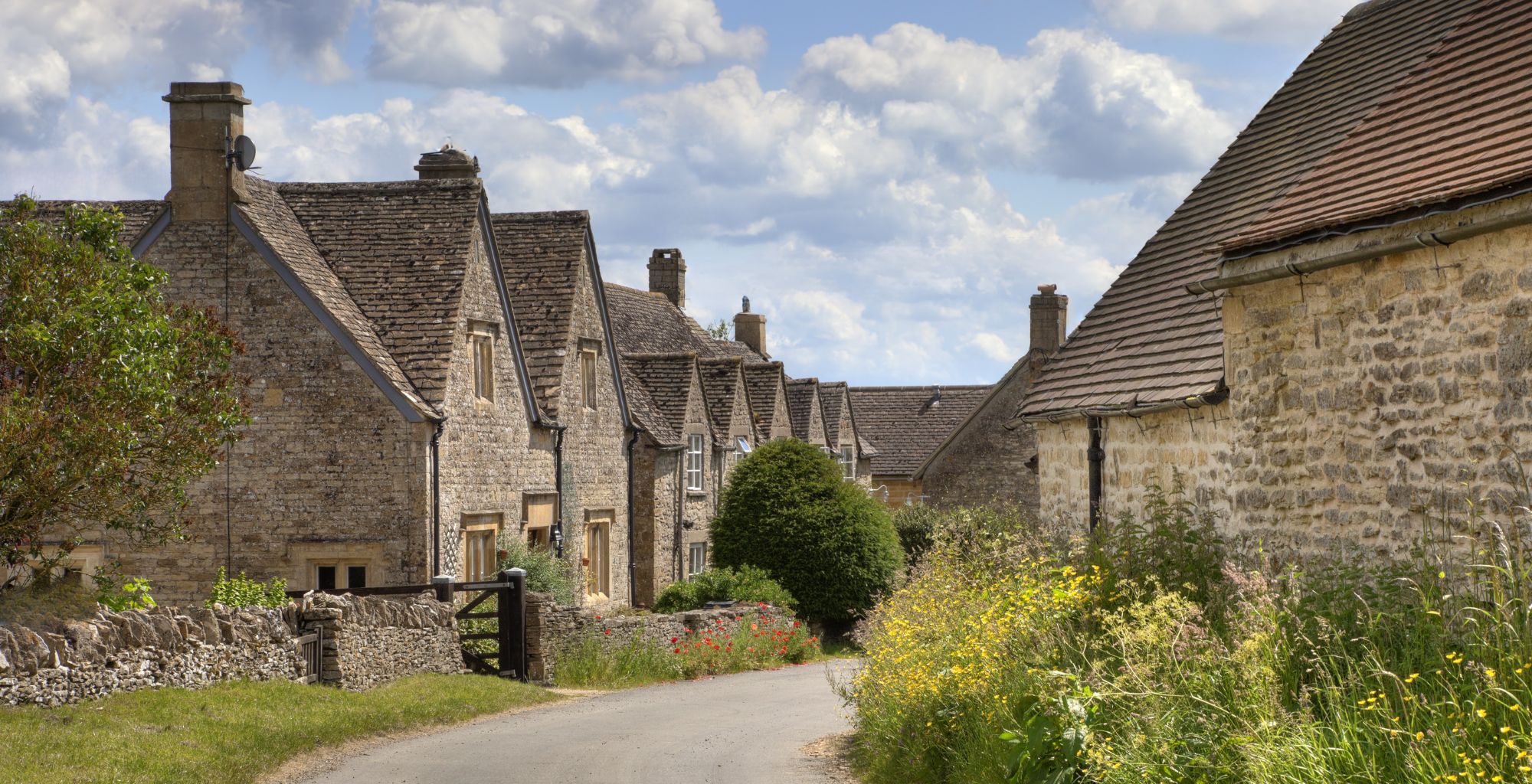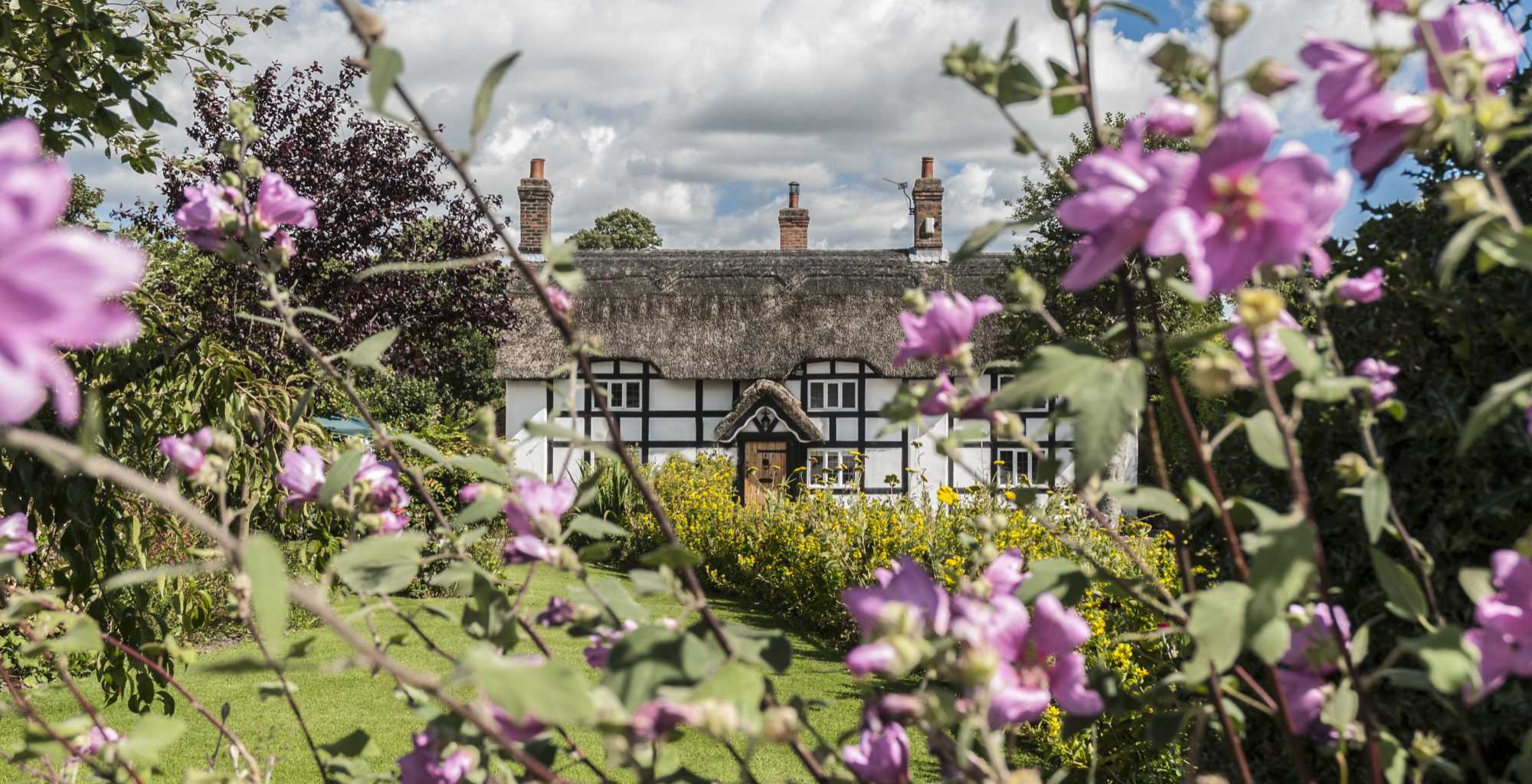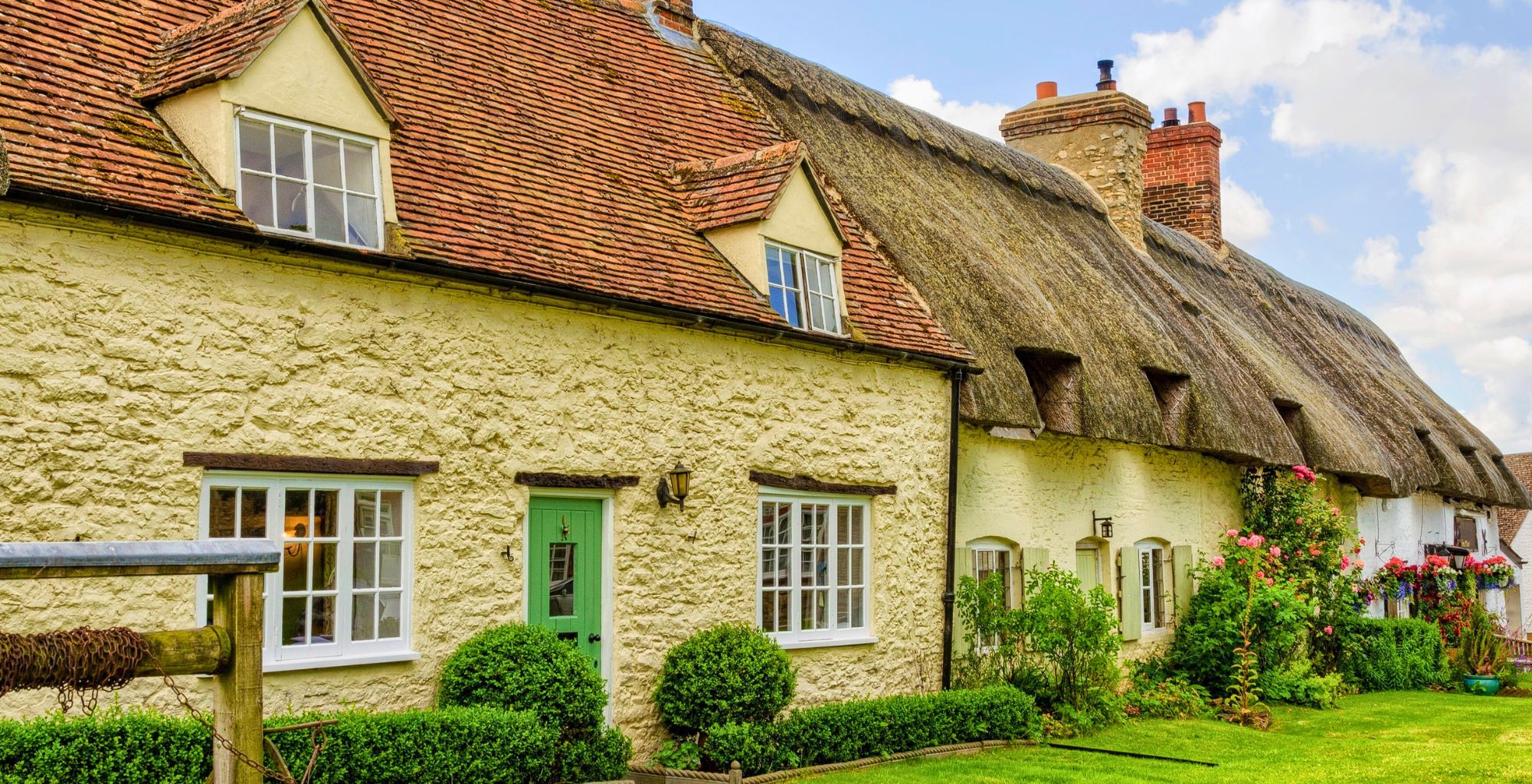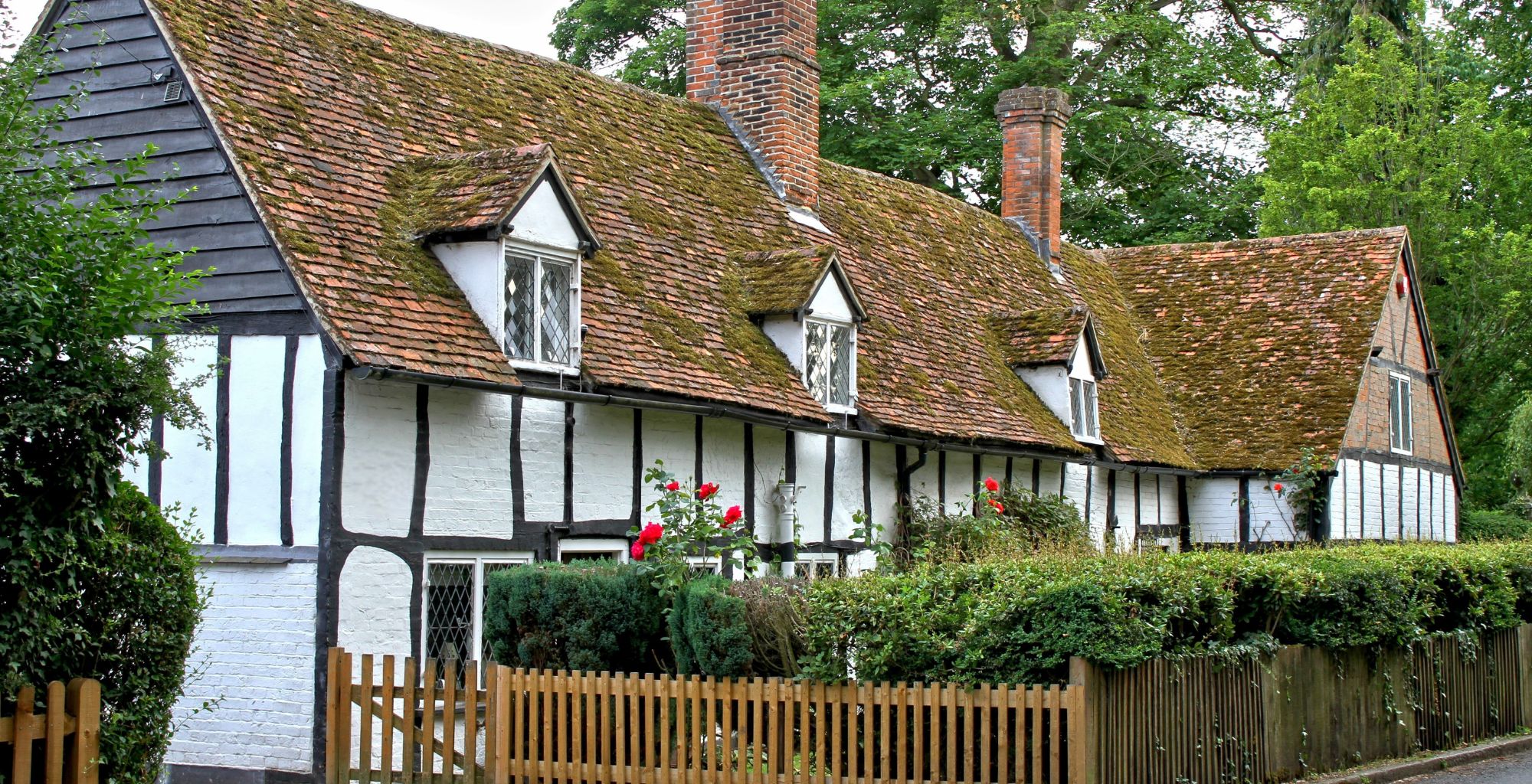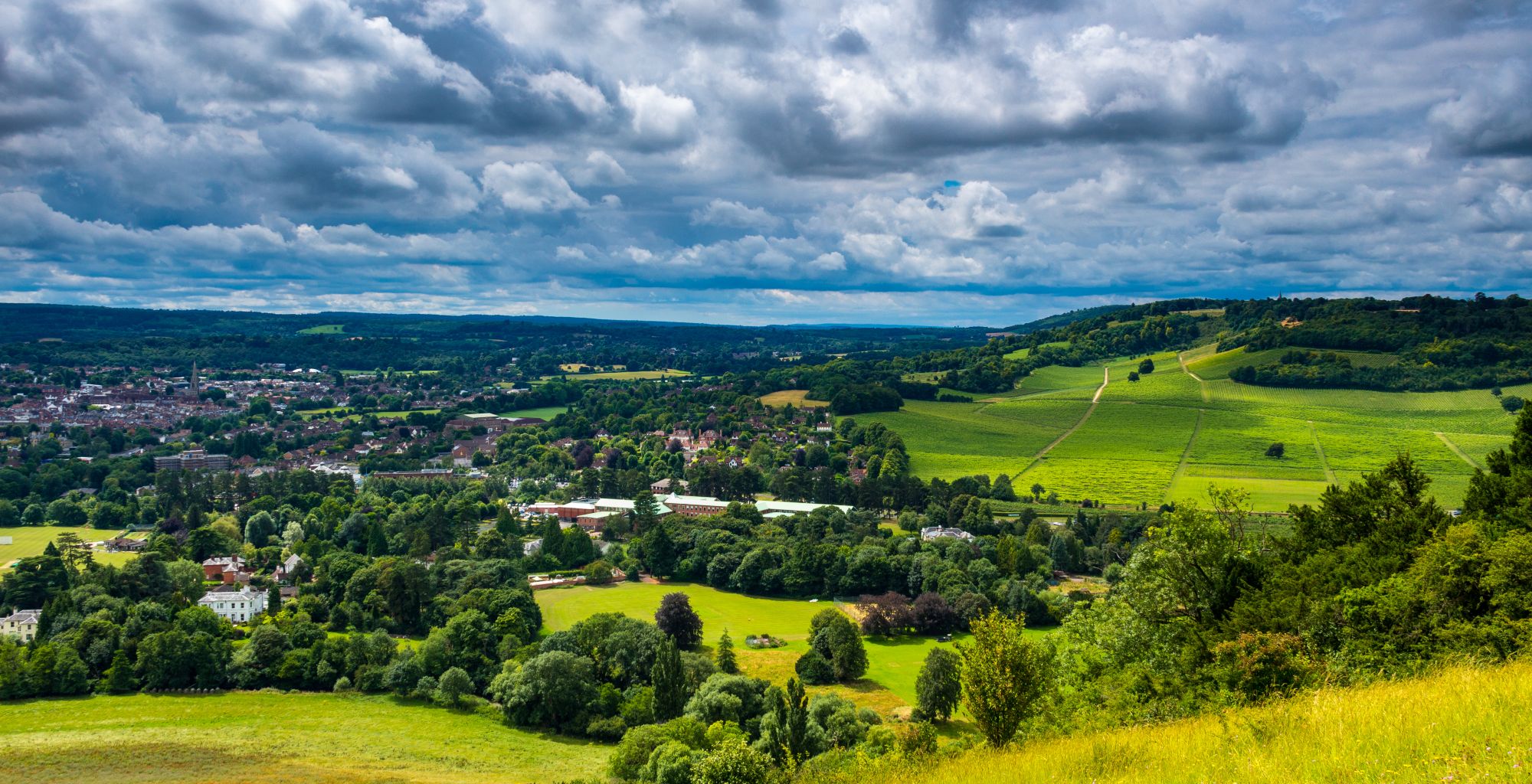Are you considering a move to the North West and want to know where the best places to live...
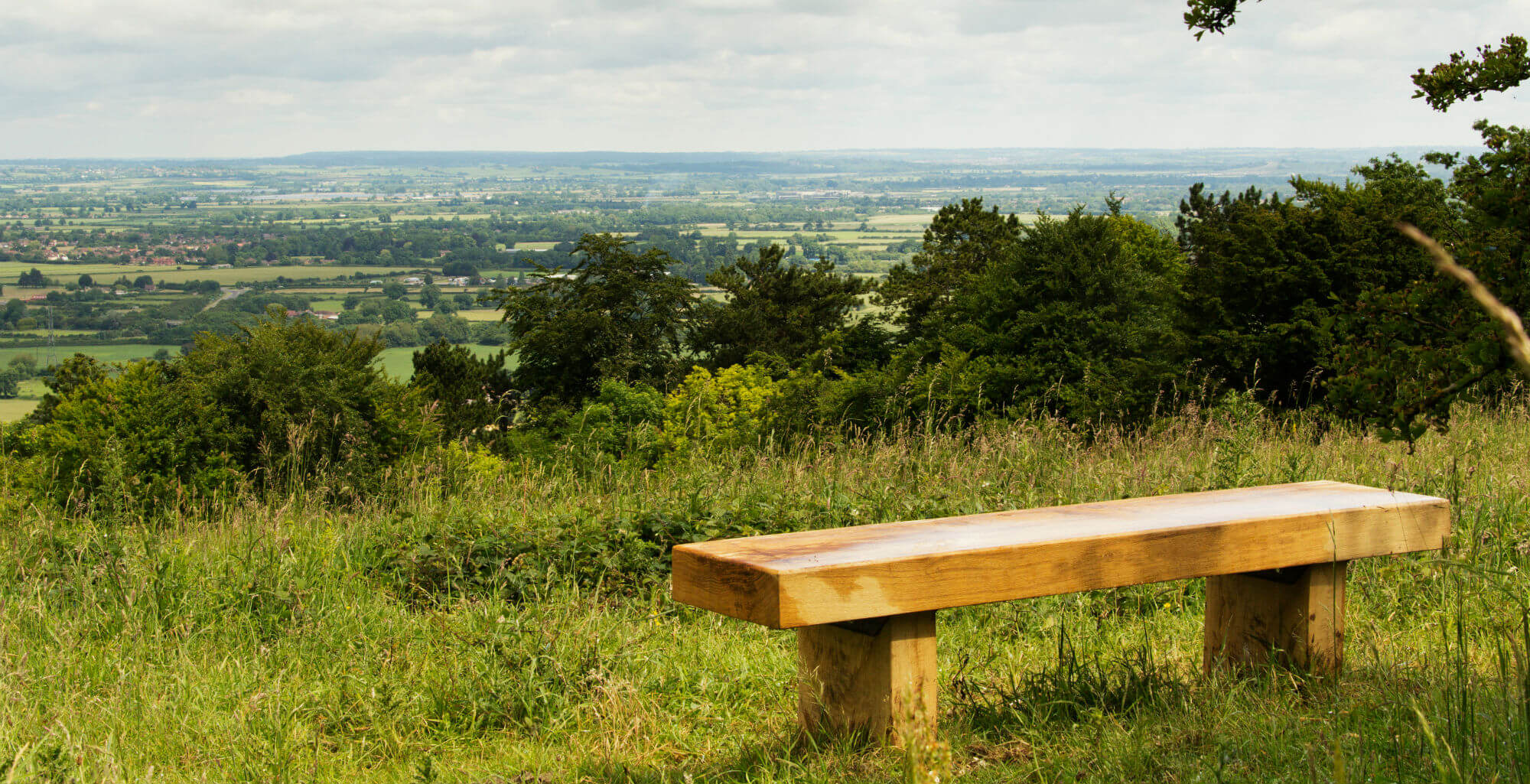
Buying land: Can you convert land to build a house?
Are you in search of an escape from the hustle and bustle of city life and looking for a place in the country? Finding and buying land can often be a challenge as it is such a sought after entity, being able to use it the way that you want is something to be considered from the outset – a mission for which the specialist services of a professional property finder might help.
With that expertise and guidance to help, you are likely to find a wealth of farms, stables, equestrian centres and smallholdings that are ready for you to take on as a business – or the land which you can buy and convert to your preferred use.
Land use planning
Anywhere in the world, land is a precious and scarce resource – but none more so than in the small islands that make up the UK.
A government paper entitled Land Use Futures: Making the most of land in the 21st century suggested that – along with its human capital – land is probably the country’s most precious asset. But it is also an asset in scarce supply and under increasing pressure.
However, although England has a total area of some 13 million hectares, only around 11% of this is already developed – according to the figures issued by the Ministry of Housing, Communities and Local Government. That leaves 89% of land which is currently undeveloped.
How land may be used in the UK is determined by a set of 28 land use categories, and currently, undeveloped land is classified as either:
- agricultural;
- forestry, open land and water;
- outdoor recreation;
- residential gardens;
- vacant and not previously developed; or
- undeveloped land in urban areas.
The government’s Planning Portal explains that formal planning permission is typically required for any material change of use from one land-use class to another.
Why convert land to a different use?
The land use classifications suggest that, if you are buying land in the countryside, the chances are that it has an agricultural designation.
This may be fine if you intend to enter farming as a business. The Agriculture and Horticulture Development Board (AHDB), for example, underscored the buoyant price of agricultural land and, as an investment, the value of pasture alone is currently appreciating at a healthy rate of 5%.
In addition to continuing the current agricultural land use, however, there are many other ways in which you might want to use land in the countryside to run a business or to increase its value. All of the following are then likely to require a formal change of use from the local planning authorities:
- you might seek planning permission for the development of a home or even an estate of dwellings;
- the development of a retreat – such as an eco-retreat or yoga school;
- a site used for the increasingly popular pastime of “glamping”;
- establishing a site for private fishing – by making use of any ponds or lakes on your land;
- a change of use to allow the development of an equestrian centre; or
- let the land for its rental income and future capital appreciation.
Getting permissions
Any material change of use of land is likely to require formal planning permission – it is a legal obligation.
Gaining planning permission may be a lengthy and complicated process. Given the invariable need for input from various professionals – such as land use experts, architects, engineers, surveyors and lawyers – applying for the relevant planning permission may also prove expensive.
In pages specifically related to planning permission for farms, official advice confirms that changing the use of any farmland or buildings you acquire need formal planning approval. In other words, if you want to change how the land or buildings currently on it are being used, or want to build a house on the land, you will need formal planning approval.
The complexity of planning law as it affects farmland; however, is illustrated by the special category of “permitted development” if the farm you buy is bigger than 5 hectares. In those circumstances, you may not need planning permission even if you intend to build a new house or alter an existing one on the farmland. Only with the relevant professional advice and expertise, however, is it likely to be safe to rely on any assumed permitted development rights.
The extent and complexity of change of use legislation to do with changing land use are also brought home by the way it impacts farmers who continue to go about their normal business of farming.
Some farmland may be described as “uncultivated” or “semi-natural” if it has not been worked upon for more than 15 years.
The farmer must nevertheless apply for planning permission if he intends to work such land by ploughing it – or otherwise breaking its surface – or through the application of fertilisers or soil improvers.
Any application for planning permission in these circumstances must also be accompanied by an Environment Impact Assessment (EIA), warns the Farmers Weekly, and failure to secure the necessary approval may lead to a fine of £5,000 and an order to restore the land to its previous condition.
Summary
Roughly 90% of the UK remains undeveloped, but there are strict planning restrictions designed to ensure that the most appropriate use is made of that land.
A range of different use classes determines how you may use – or develop – any rural property or piece of land you may be interested in buying.
While it is possible to secure the necessary formal permission for a change of use, this might prove a lengthy, complicated and invariably expensive process.
Formal planning permission, however, is almost certain to be required before you may hope to develop a business requiring any change of use or develop any buildings or homes on the land.
If you’re looking for a rural property or a parcel of land our experienced country property finders would be delighted to assist. Our team regularly works together with other skilled professionals to ensure their clients are armed with all the possible information when committing to a purchase. Why not get in touch with us to see how we can help?
